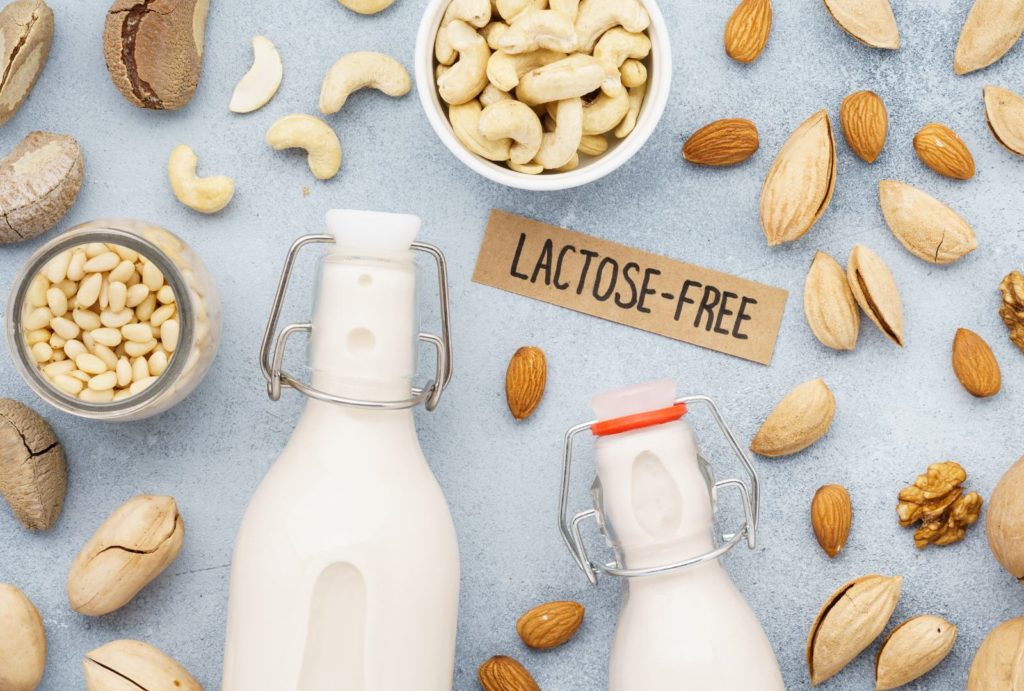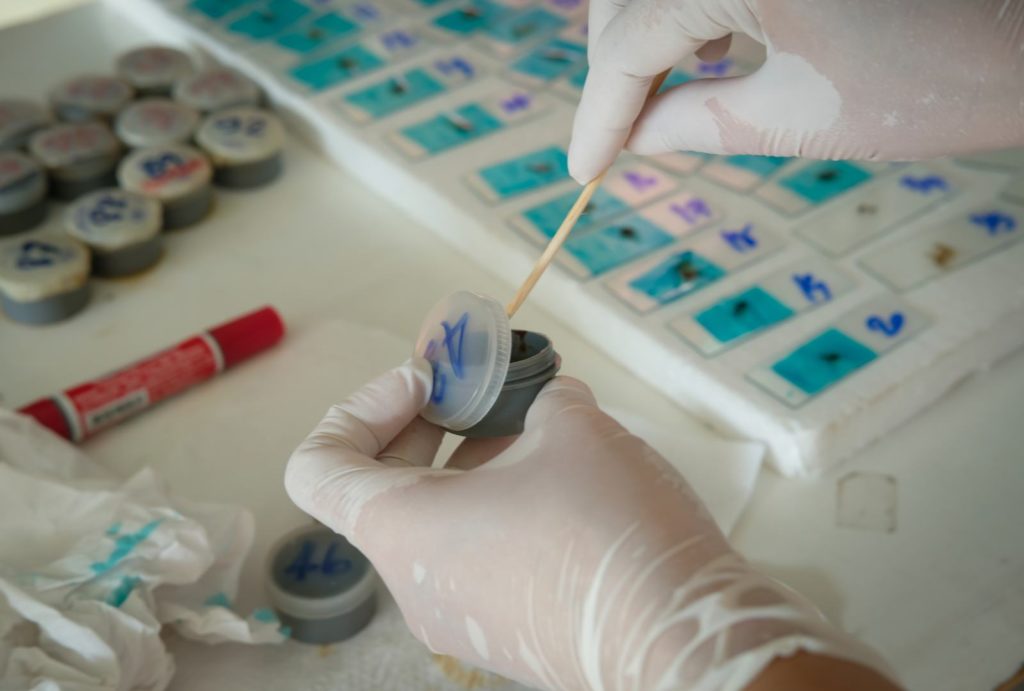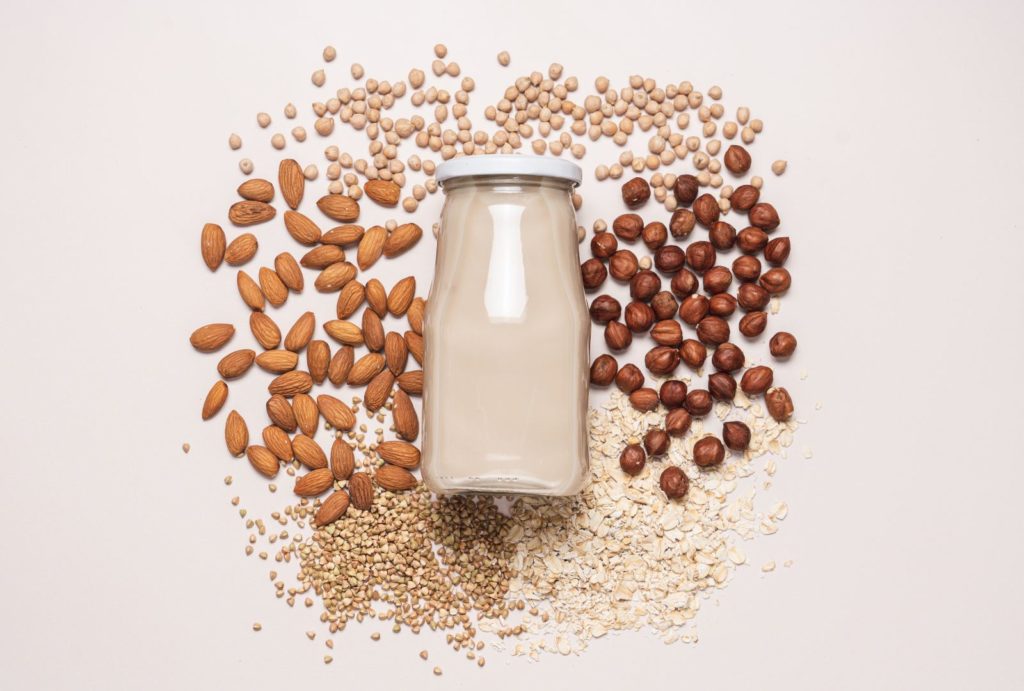After a long day, it’s easy to reach for ready-made meals or take aways. Generally, we tend to worry about the impact of these choices on our weight or blood pressure. There is a beginning of awareness around the importance of gut health and the inflammatory effect of our food choices on our gut health and microbiome. However, I notice that there is much less awareness around another organ that is equally fundamental to our health: the liver.

Why is the liver so important?
It performs a multitude of essential functions crucial to the body’s overall health. There are more than 500 functions caried out by the liver on a daily basis.
Let’s review the main ones:
- One of its primary roles is in digestion, where it produces bile that aids in the digestion and absorption of lipids (fats). Additionally, the liver metabolizes carbohydrates, storing glucose as glycogen and breaking it down into glucose when the body needs energy. The liver is also central to lipid metabolism, synthesizing cholesterol and triglycerides, and playing a key role in the metabolism of lipoproteins.
- Moreover, the liver synthesizes various proteins that are vital to bodily functions. These include albumin, which maintains the oncotic pressure of blood and serves as a carrier for many substances; globulins, which are important for immune function; hemoglobin components; coagulation proteins that are necessary for blood clotting; and proteins involved in inflammation, such as C-reactive protein.
- The liver is also involved in the synthesis of ketones, which are produced during the metabolism of fatty acids and can serve as an energy source during prolonged fasting or strenuous exercise. It stores essential vitamins such as A, D, E, and K, which are crucial for vision, bone health, antioxidant activity, and blood clotting, respectively.
- Hormonally, the liver is involved in the metabolism of various hormones, including insulin and glucagon, thus playing a pivotal role in regulating blood sugar levels. It also detoxifies the blood, removing toxins and metabolizing drugs, and converts ammonia to urea via the urea cycle, allowing for its safe excretion in urine.
What threatens liver health mostly:
Nonalcoholic fatty liver disease (NAFLD) is a specific type of liver disease. It is estimated that 1 in 4 adults can develop it. What is alarming is that NAFLD can progress to serious conditions such as cirrhosis, liver failure, and also to an increased risk of liver cancer. The positive news is that fatty liver disease can be prevented or even reversed with the right approach.
But what exactly is NAFLD?
It is a condition where the liver is said fatty because it accumulates excess fat due to various inflammatory injuries, among which metabolic risk factors, viral hepatitis, excessive alcohol consumption and certain drugs.
Metabolic risk factors are the following:
- Overweight
- High blood pressure,
- High cholesterol,
- Insulin resistance and
- Type 2 diabetes
Is it possible to reverse NAFLD?
It is possible to potentially reverse NAFLD with a wholefood diet and important lifestyle changes.
A few key measures:
- Homemade first quality organic foods: processed foods are often high in saturated fats and added sugars and it has been demonstrated in clinical studies, that these foods impact negatively your metabolic health and consequently your liver. Buying whole foods and preparing them at home is the first step to reversing NAFLD
- Metabolic support: managing blood pressure, cholesterol, blood sugar levels, insulin resistance and weight are correlated measures that will help you reach a healthier body and support positively your liver. Here again the diet plays a central role.
- Limit Sugary Drinks and alcohol: high-fructose corn syrup is the first cause of fatty liver. It might seem counter intuitive but excessive added sugar in your drinks turns into fat deposits both in your liver and in your body. Alcohol is an insult to your liver too. Limiting to a maximum your consumption and restricting it to only organic red wine, 1 glass per night 3 times a week is what everyone should aim for.
- Consume anti-inflammatory foods: following the Mediterranean diet principles is a good first step to take: vegetables, berries, lean grass-fed meats, nuts and whole grains, olive oil and avocados.
- Supplement: omega 3 is particularly effective in contributing to the reduction of fatty liver on top of reducing inflammation, supporting healthy neurological function and heart health.

The liver’s ability to regenerate is remarkable
Given the right care and conditions, such as a balanced diet, limited alcohol intake, and avoidance of harmful substances, the liver can repair itself and maintain its vital functions. This regenerative capacity highlights the importance of liver health for overall well-being.
However, it is important to be cautious with over-the-counter medications, particularly anti-inflammatory drugs containing paracetamol (acetaminophen). Some common ones include: Dafalgan, Efferalgan, Tylenol, Calpol, Panadol. Excessive intake of paracetamol can be extremely harmful, leading to liver toxicity and potentially fatal liver failure. It is strongly recommended to never exceed 4 grams in a 24-hour period, with a safer limit being around 3 grams per 24 hours. Proper dosing and awareness of the potential dangers of paracetamol are critical to preventing liver damage and safeguarding health.
In conclusion, the liver’s numerous roles in digestion, metabolism, protein synthesis, detoxification, and more underscore its fundamental importance to health. With appropriate care and daily appropriate nutrient intake, the liver’s incredible regenerative abilities can sustain its functions.




